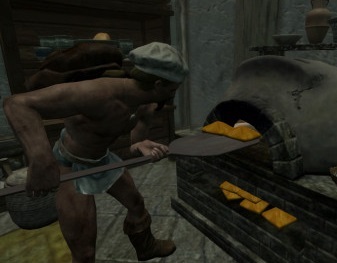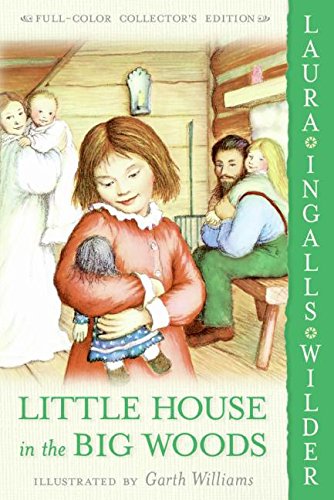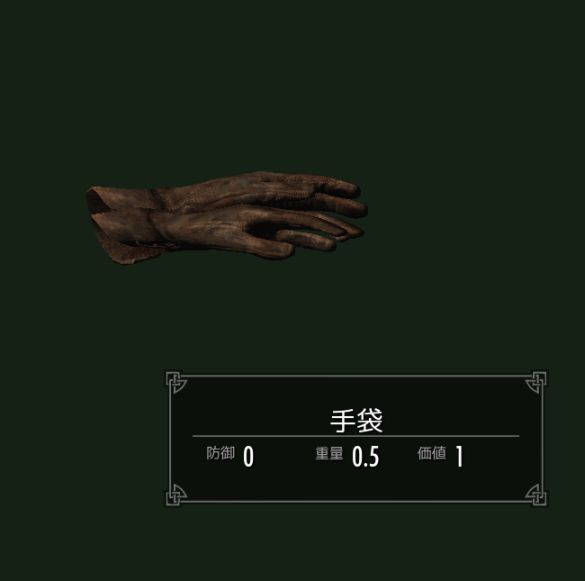
The woolen coat, for example, which covers the day-labourer, as coarse and rough as it may appear, is the produce of the joint labour of a great multitude of workmen. The shepherd, the sorter of the wool, the wool-comber or carder, the dyer, the scribbler, the spinner, the weaver, the fuller, the dresser, with many others, must all join their different arts in order to complete even this homely production.
How many merchants and carriers, besides, must have been employed in transporting the materials from some of those workmen to others who often live in a very distant part of the country! . . . how many ship-builders, sailors, sail-makers, rope-makers, must have been employed in order to bring together the different drugs made use of by the dyer, which often come from the remotest corners of the world!
[I]f we examine, I say, all these things, and consider what a variety of labour is employed about each of them, we shall be sensible that without the assistance and co-operation of many thousands, the very meanest person in a civilized country could not be provided, even according to, what we very falsely imagine, the easy and simple manner in which he is commonly accommodated.
- Adam Smith, Wealth of Nations
Ever since I was as a kid I used to hate trips to the thrift shop. Even now trying to find a good deal is synonymous with tainting my mood for the rest of the day. Comically gigantic suits and oddly specific graphic shirts. Yellowed appliances and half-finished embroidery. Orphaned piles of obsolescence untouched even with the allure of criminally low prices. An estate sale has more dignity than the faux-landfill buffers run my morally questionable organizations. The owner is merely six feet under, items left unassessed whether they are even worth the very space they occupy.
I always think back to the edible gold flakes that adorn obscene cuts of meat and retina-molesting desserts. While we drive home to shit them out on the porcelain throne as a laugh Colombian miners poison themselves and their proximate communities with mercury to fulfill this perennial market demand. Because gold, like any other capital , transforms into an anonymous commodity traded on a transnational scale. It's really something to have everything in the physical world be distilled down to a set of numbers, each as faceless and disposable as the next. I'm not advocating for economic isolationism, although that's probably in our future after our grandchildren are finished shiving each other for the last bottle of drinking water. But I think thrifting is a good reality check to how easily we regard belongings as transient and disposable, within this economic system that intimately deems it neccessary.
Reading Little House on the Prarie, My Side of the Mountain, and Hatchet as a child had an impact on me, the thorough descriptions of goods being created, carefully maintained, held in high regard to an almost religious earnestness. It was a staggering contrast to the purchasing habits of people around me, people who had surely witnessed the material deprivation of their parents.

"When Pa was at home the gun always lay across those two wooden hooks above the door. Pa had whittled the hooks out of a green stick with his knife, and had driven their straight ends deep into holes in the log. The hooked ends curved upward and held the gun securely."
All the criticism about this game and its extreme narrative paucity further iterated in Fallout 4 is valid. I get it. My favorite moment in consuming any form of media is the moment you suspend your disbelief, when the experiences coagulate into some cohesive vision in your head, when you can see the grandness of Faure or feel the middle-class unease with Milo. To me Skyrim did that better than Oblivion or any of the early Kings games ever could. With the addition of a few mods the local economies in the game feel like an pulsating, interconnected machine. Regular caravans ferrying items from city centers, shopkeepers offering region specific resources, and rare items being valued by their intrinsic or cultural value instead of some nebulous standard of macroeconomics.


My perverse relationship with Skyrim led me to ignore armor completely in low-hp high-damage playthroughs. I ignored spells for cumbersome vanilla items like torches, the game was transformed into something more tedious with the conviction that deprivation made interacting with items more meaningful. It came that much closer to the childhood ambitions of abandoned flash game projects, of experiences yet unrealized.

Created: 7/8/2018
back to top ⤴
That Falkreath house is the most deadly... Bandits always at my door. Mud crabs keep befriending my gay bitch son and end up burrowing into my floorboard at night. A dragon always spawns there every 2 weeks. Finally, there is a fucking necromancer next door that sends over skeletal dicks to offer me fucking girl scout cookies, and if you deny ends up killing my chickens and cow...